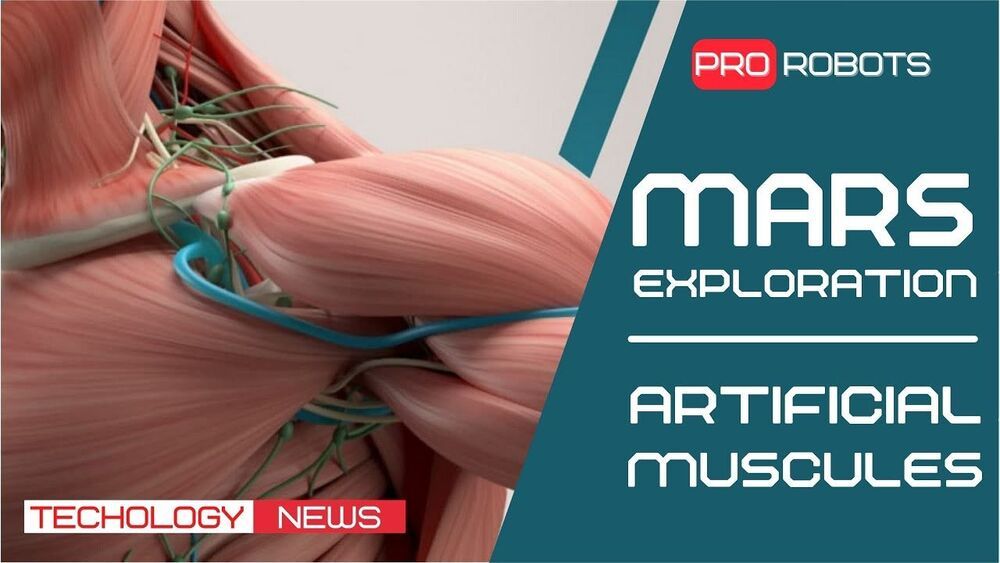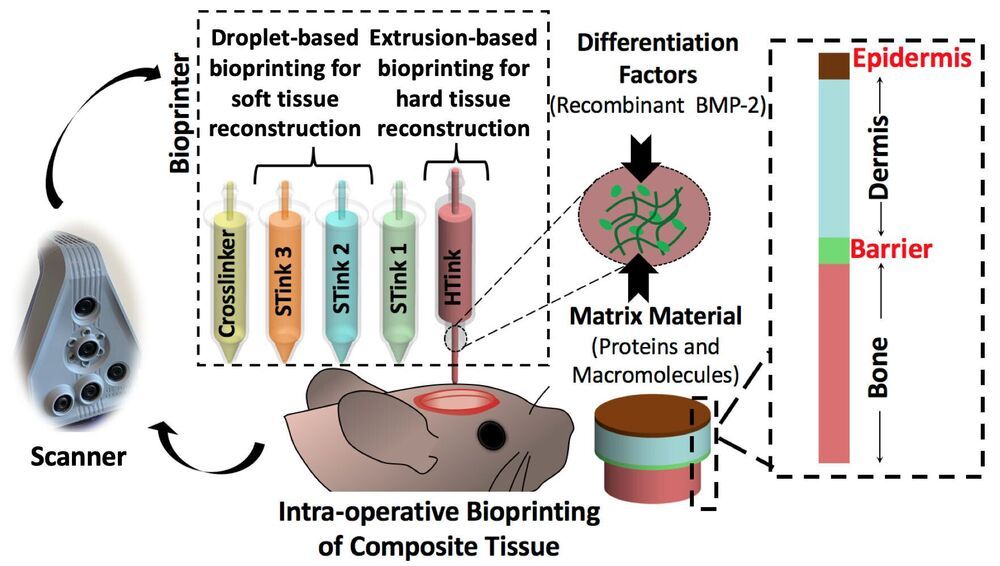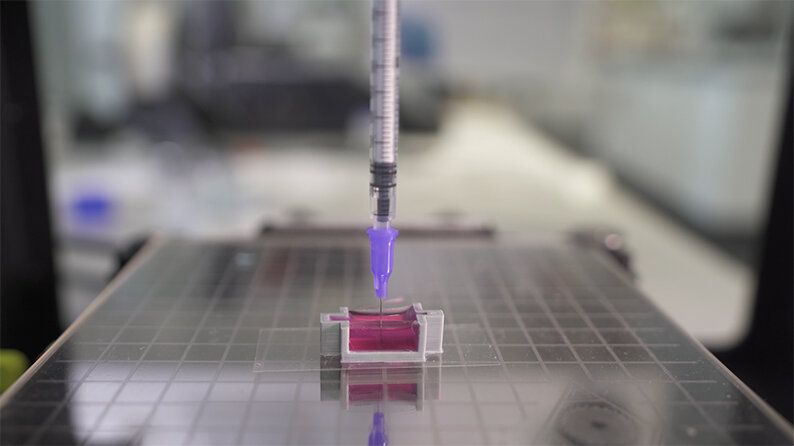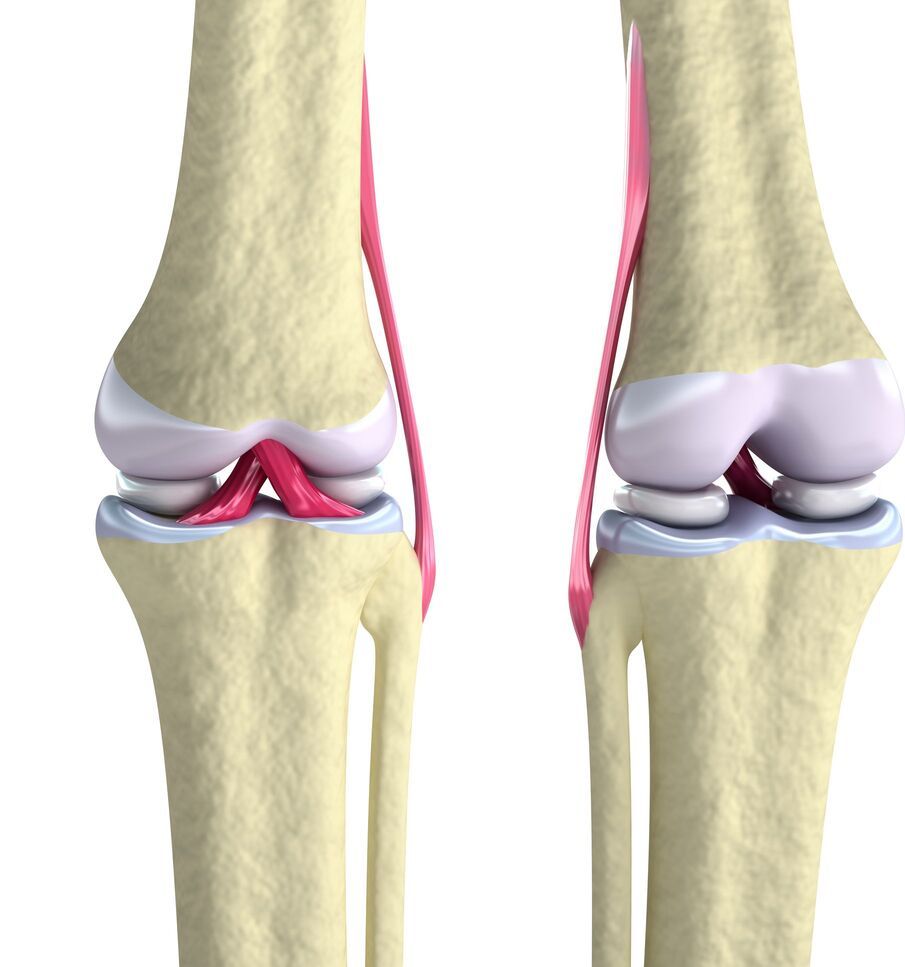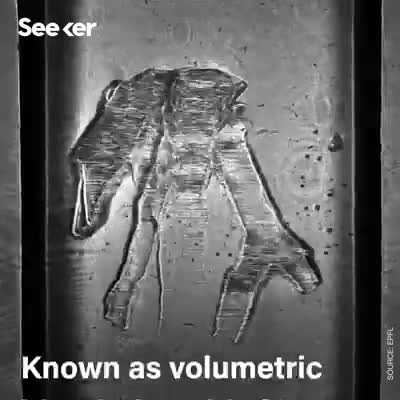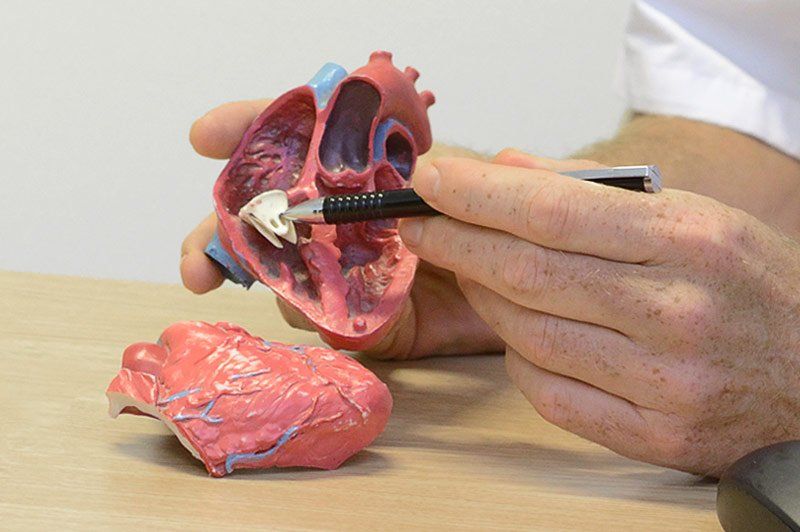Archive for the ‘bioprinting’ category: Page 7
Apr 28, 2021
Skin and bones repaired by bioprinting during surgery
Posted by Gerard Bain in categories: bioprinting, biotech/medical, engineering
Fixing traumatic injuries to the skin and bones of the face and skull is difficult because of the many layers of different types of tissues involved, but now, researchers have repaired such defects in a rat model using bioprinting during surgery, and their work may lead to faster and better methods of healing skin and bones.
“This work is clinically significant,” said Ibrahim T. Ozbolat, Hartz Family Career Development Associate Professor of Engineering Science and Mechanics, Biomedical Engineering and Neurosurgery, Penn State. “Dealing with composite defects, fixing hard and soft tissues at once, is difficult. And for the craniofacial area, the results have to be esthetically pleasing.”
Currently, fixing a hole in the skull involving both bone and soft tissue requires using bone from another part of the patient’s body or a cadaver. The bone must be covered by soft tissue with blood flow, also harvested from somewhere else, or the bone will die. Then surgeons need to repair the soft tissue and skin.

Table of Contents.
As of 2015940 million people suffer from a form of visual impairment. Today, some forms of blindness can be cured by cornea implants and other procedures. Other forms of blindness like glaucoma (where the issue is related to the optic nerve) are beyond our abilities to fix. Despite advances in bioprinting and camera miniaturization, the issue of optical connection remains when attempting to replace the human eye. So far, technological progress has largely not risen to the challenge that 2.0 poises.
Feb 10, 2021
Israeli Farm Cultivates Lab-Grown Ribeye Steak Using 3D Printing
Posted by Brent Ellman in categories: bioprinting, food, sustainability
Three-dimensional “bio-printing” and real cow cells — an achievement that’s prompting the Israeli startup to eye other meat…The firm’s technology prints living cells that are incubated to grow, differentiate and interact to acquire the texture and qualities of a real steak. “It incorporates muscle and fat similar to its slaughtered counterpart,” Aleph Farms said, adding that the product boasts the same attributes “of a delicious tender, juicy ribeye steak you’d buy from the butcher.”
Jan 25, 2021
Scientists use a novel ink to 3D print bone with living cells
Posted by Brent Ellman in categories: 3D printing, bioprinting, biotech/medical, chemistry
Scientists from UNSW Sydney have developed a ceramic-based ink that may allow surgeons in the future to 3D-print bone parts complete with living cells that could be used to repair damaged bone tissue.
Using a 3D-printer that deploys a special ink made up of calcium phosphate, the scientists developed a new technique, known as ceramic omnidirectional bioprinting in cell-suspensions (COBICS), enabling them to print bone-like structures that harden in a matter of minutes when placed in water.
While the idea of 3D-printing bone-mimicking structures is not new, this is the first time such material can be created at room temperature—complete with living cells—and without harsh chemicals or radiation, says Dr. Iman Roohani from UNSW’s School of Chemistry.
Dec 16, 2020
Researchers develop new method to print tiny, functional organs
Posted by Paul Battista in categories: bioengineering, bioprinting, biotech/medical, neuroscience
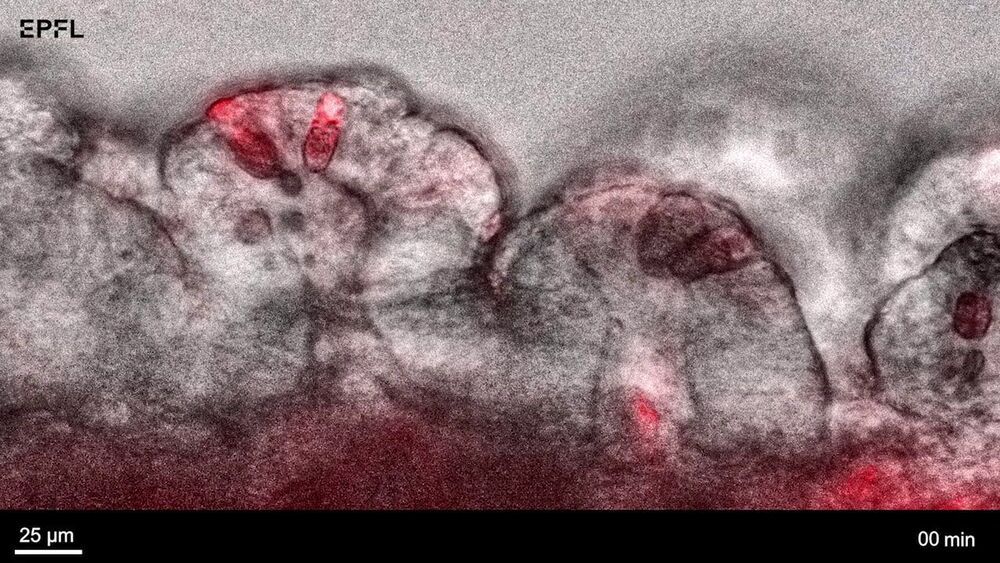
Researchers at EPFL have developed an approach to print tiny tissues that look and function almost like their full-sized counterpart. Measuring just a few centimeters across, the mini-tissues could allow scientists to study biological processes—and even test new treatment approaches—in ways that were previously not possible.
For years, mini versions of organs such as the brain, kidney and lung—known as “organoids”—have been grown from stem cells. Organoids promise to cut down on the need for animal testing and offer better models to study how human organs form and how that process goes awry in disease. However, conventional approaches to grow organoids result in stem cells assembling into micro-to millimeter-sized, hollow spheres. “That is non-physiological, because many organs, such as the intestine or the airway, are tube-shaped and much larger,” says Matthias Lütolf, a professor at EPFL’s Institute of Bioengineering, who led the study published today in Nature Materials.
Continue reading “Researchers develop new method to print tiny, functional organs” »
Dec 10, 2020
Dr. Yu Shrike Zhang — Symbiotic Tissue Engineering — Harvard Medical School
Posted by Ira S. Pastor in categories: bioengineering, bioprinting, biotech/medical, chemistry, nanotechnology
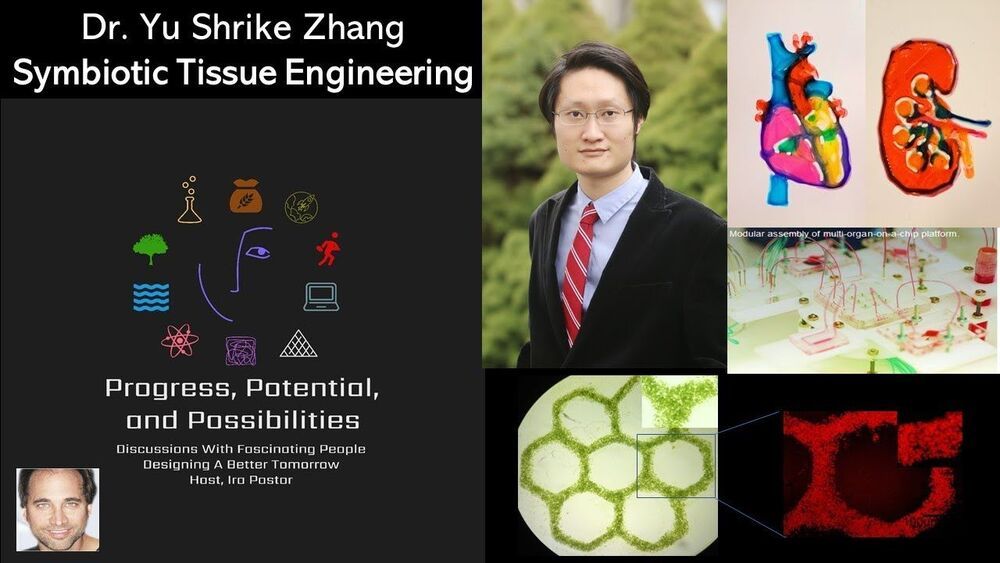
Dr yu shrike zhang phd is assistant professor at harvard medical school and associate bioengineer at brigham and women’s hospital.
Dr. Zhang’s research interests include symbiotic tissue engineering, 3D bio-printing, organ-on-a-chip technology, biomaterials, regenerative engineering, bioanalysis, nanomedicine, and biology.
Continue reading “Dr. Yu Shrike Zhang — Symbiotic Tissue Engineering — Harvard Medical School” »
Nov 20, 2020
Hybrid 3D-printing bioinks help repair damaged knee cartilage
Posted by Raphael Ramos in categories: 3D printing, bioprinting, biotech/medical, life extension
This may be good news for those who have damaged joints due to sports or old age.
😃
Human knees are notoriously vulnerable to injury or wearing out with age, often culminating in the need for surgery. Now researchers have created new hybrid bioinks that can be used to 3D print structures to replace damaged cartilage in the knee.
Continue reading “Hybrid 3D-printing bioinks help repair damaged knee cartilage” »
Oct 18, 2020
Volumetric Bioprinting Sculpts Complex Shapes in Seconds
Posted by Raphael Ramos in category: bioprinting
Sep 14, 2020
Ultra-fast 3D bioprinter makes body parts in a flash
Posted by Shailesh Prasad in categories: 3D printing, bioprinting, biotech/medical
Volumetric Bioprinting
Recreating human body parts using a 3D printer. This is possible in the Netherlands with the new bioprinter developed by Utrecht University and UMC Utrecht. This printer can be used to make models of organs or bones, amongst other things. These printed models can be made up of living cells on which medication can be tested, for instance.
Conventional 3D printers work by stacking plastic layers on top of each other. This build-up of layers creates a three-dimensional figure. There are already countless possibilities with these standard 3D printers. Science has been looking for years at how this technique can be applied across different areas.
Continue reading “Ultra-fast 3D bioprinter makes body parts in a flash” »
